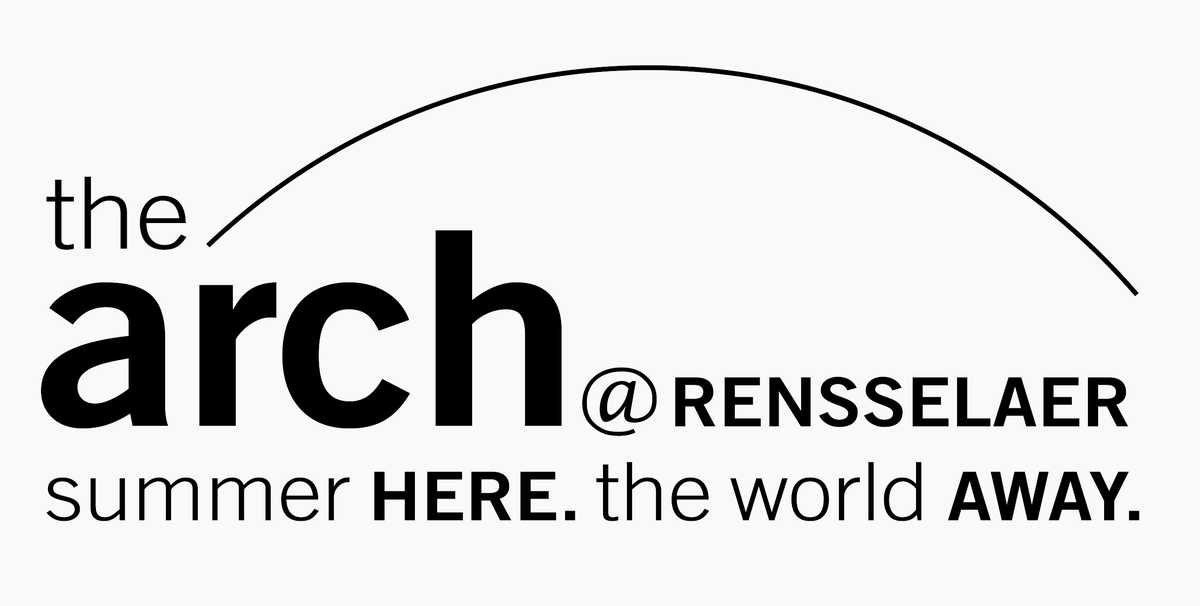How to build trust in a vulnerable climate
The student-administrator relationship at Rensselaer has been interesting, to say the least. When thinking of ways to build a mutually beneficial relationship between these two parties, trust is the first idea that jumped out at us. Trust is a two-way street and as such, there are actions that both sides need to take to fully develop that trust. This week, we’re coming together to discuss how we plan to develop trust in the current student-administrator climate.
Before we dive into it, we must outline the current situation from the student perspective. Given that we’re students first, our primary responsibility is to our education. As a result, everything else we do as students takes a back seat when we’re in the midst of our academics. When there is an issue with or a threat to our responsibilities in any capacity, we are put in a vulnerable position, as the ramifications of these issues on our education are unknown.
When students face a significant challenge that disrupts our normal student experience, the very first action to be taken by campus leaders, whether it be student leaders or administrators, needs to be one of empathy. Before anything else, students need support when something goes wrong. They need to know that they have partners and allies to lean on. Once this sentiment has been felt by students, we can begin to trust the leadership, and work together towards positive change.
For trust to flourish, students need to know that the administration values our experiences and feedback. On the flip side, the administration needs to know that the students value their expertise and judgment. Students need the administration to take the first step in extending a helping hand and perhaps even giving a metaphorical hug, to show us that they can be trusted in trying times. After this connection is established, students can begin to open up to, put their faith in, and value the administrator's expertise in amending the situation.
The simple act of extending a helping hand can do wonders for building trust, but it is just the first and easiest step. In order for the most deep-rooted, cultural change that allows for unilateral trust to occur, there needs to be regular and intentional communication across the board. Informal and casual communication—such as approaching each other on campus, or interacting with students at campus events—allows students and administrators to see each other as people,rather than the roles of “students” or “administrators,”and allows authenticity from both groups shine through. Furthermore, within this framework of frequent and intentional communication, all discussion, opinions, and experiences need to be valued. Effective communication requires active listening and participation from both parties. Half-hearted discussions or appearances are counter-productive and create more distrust. To build a successful partnership, we all need to be open, understanding, and should welcome each other's experiences and perspectives.
Perhaps the biggest idea that this discussion highlights is the notion on campus that the administrators are “the admin” and students are just students. There seems to be an aura that the administrators are a special, higher power that makes them seem inaccessible to students, even though this may not actually be the case. Building trust at RPI hinges on breaking this impression. It is our responsibility to do our part as students to openly, mindfully, and productively offer our experiences.
We hope that this article has given you something to think about. We always love hearing back from the RPI community, so please don’t hesitate to reach out to us with your thoughts at gm@rpi.edu and pu@rpi.edu.

 Letter To The Editor
Letter To The Editor